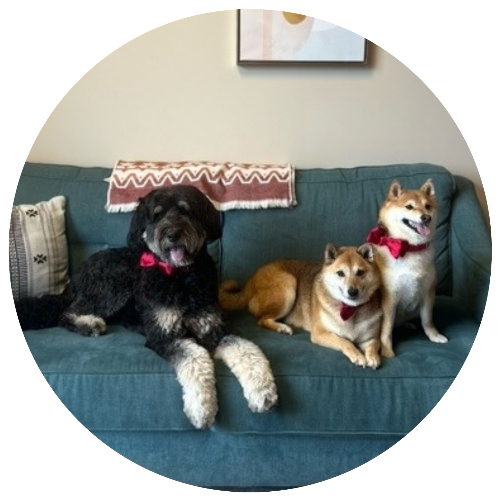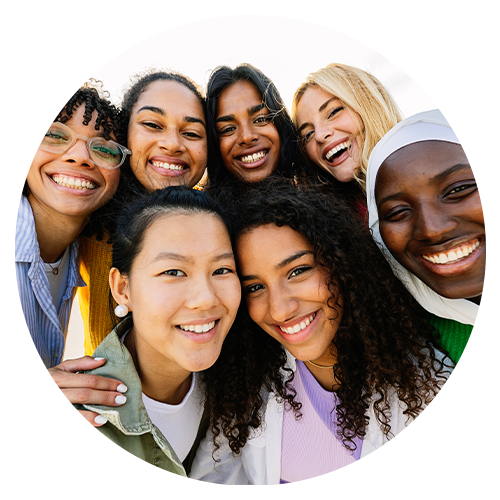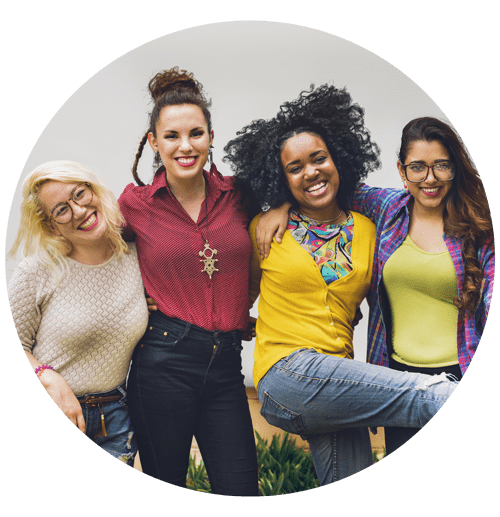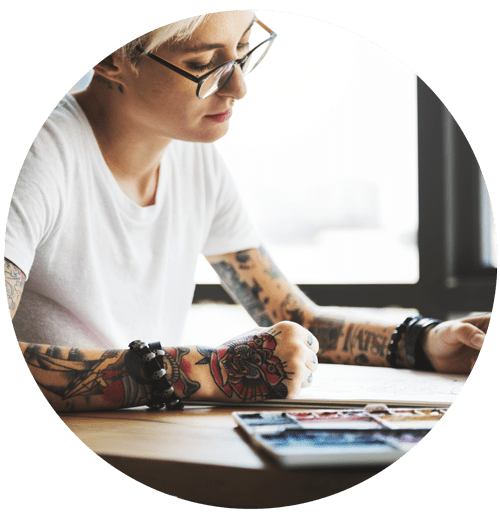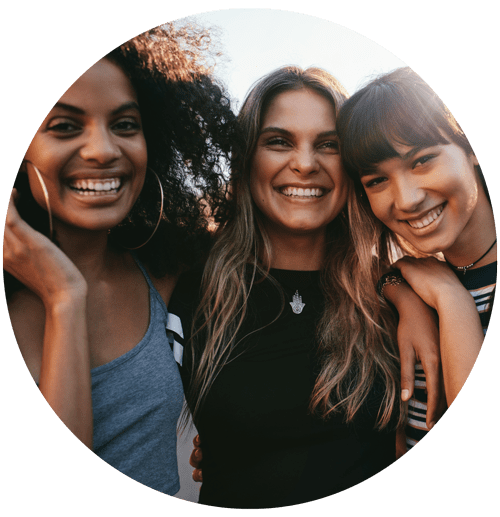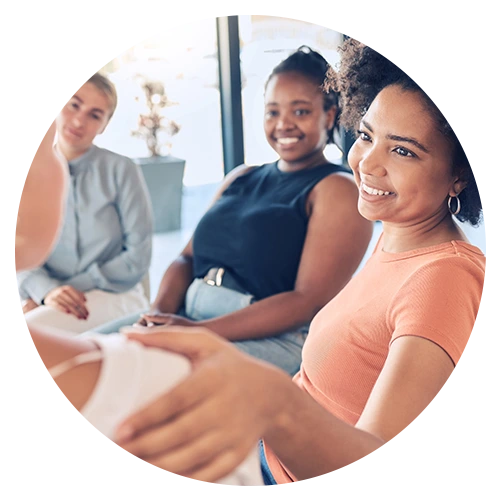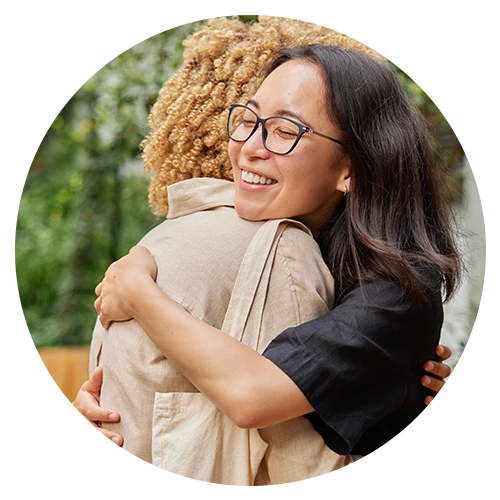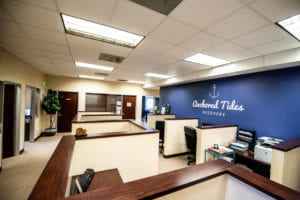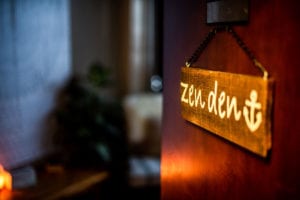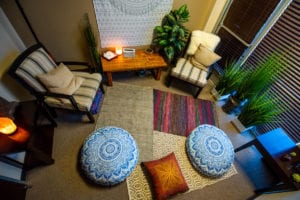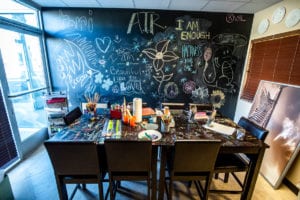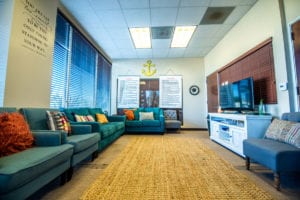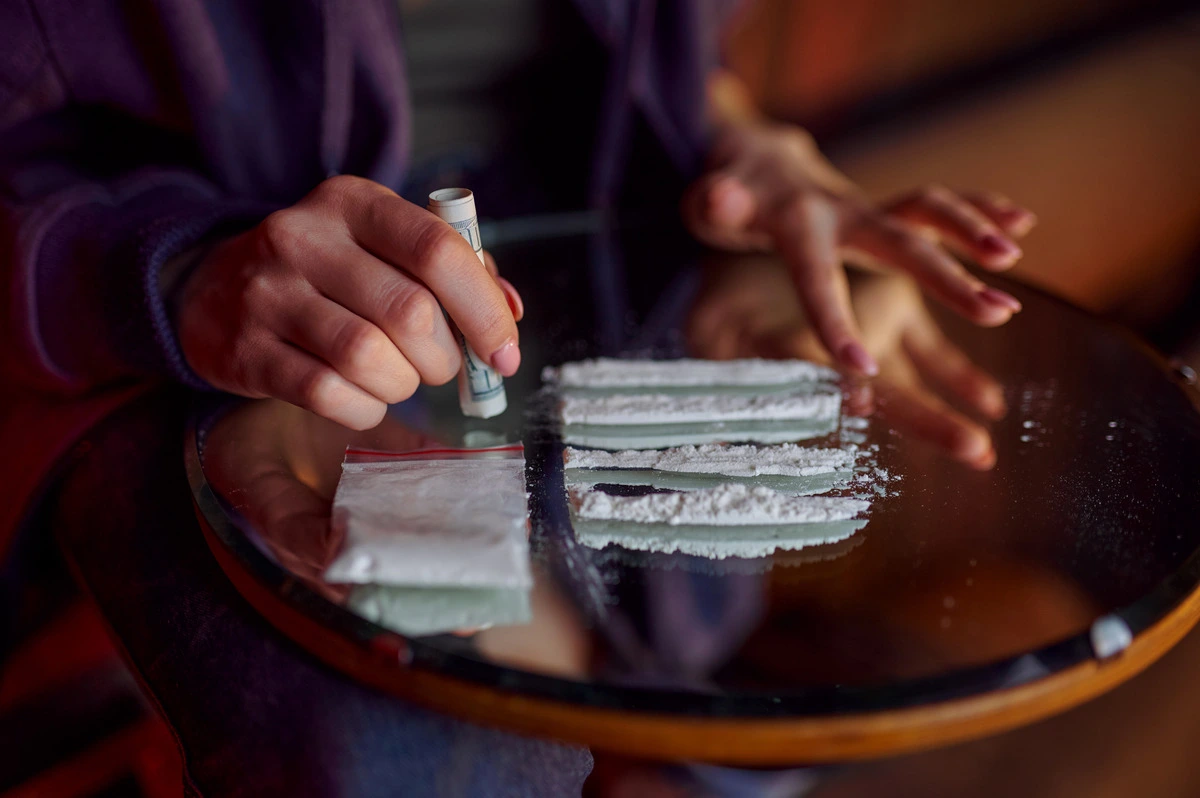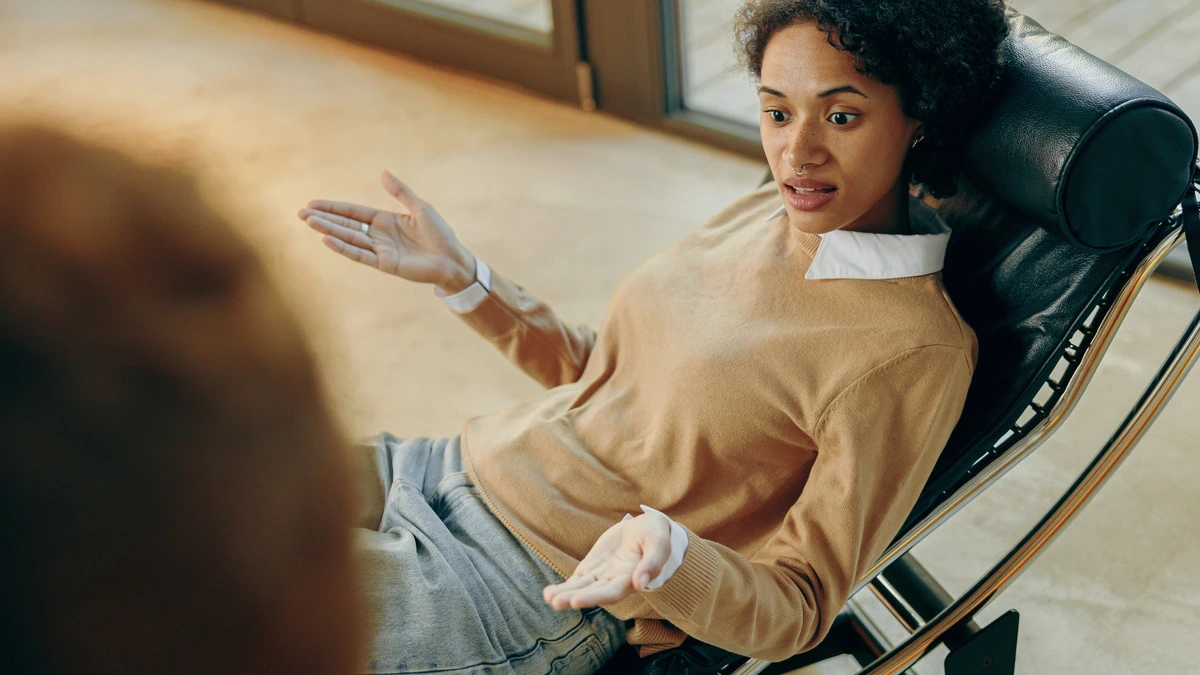Mental Health and Substance use Disorder Treatment Center
Women's Intensive Outpatient Program (IOP) in Orange County
- Home
- Women's Addiction Treatment Services
- Women's Intensive Outpatient Program
At Anchored Tides Recovery, we understand that every woman’s journey to healing is unique. That’s why our Women’s Intensive Outpatient Program (IOP) in Orange County provides flexible, comprehensive care designed to fit into your daily life. Whether you’re transitioning from a higher level of care such as a Partial Hospitalization Program (PHP) or starting your recovery journey, our IOP offers a supportive environment where women can heal, grow, and thrive while returning home each day.
Your Recovery Journey Starts Here
Our team is here to support you every step of the way. Learn more about our tailored IOP programs designed specifically for women. Call or click today!
We Are In-Network With The Following:
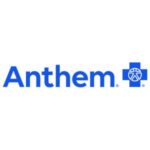
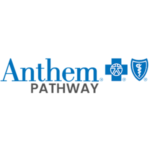
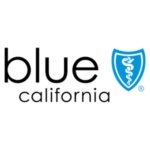
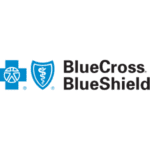
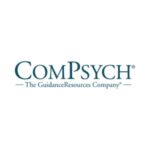

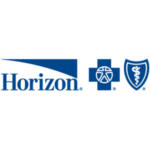
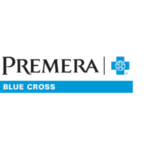
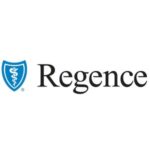
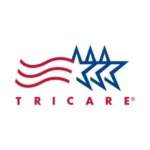
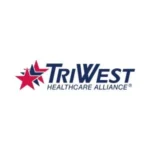
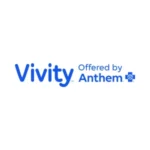
Below are additional providers Anchored Tides Recovery may be able to work with or accept for treatment for yourself or a loved one. Don’t hesitate to contact us to verify your coverage and explore your options. Call us at 866-329-6639 or submit the insurance verification form.
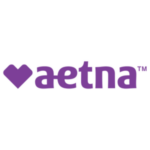
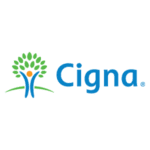
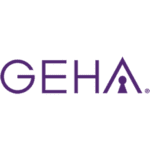
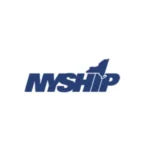
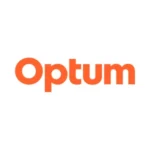
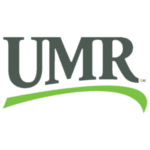
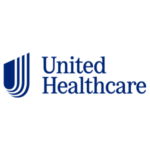
Anchored Tides Recovery holds a very special place in my heart. I have seen their work first hand with their clients and they do amazing things. To find a Women's Facility can be difficult but to find one that actually cares for their clients, goes above and beyond to help them and genuinely has the client's best interest in mind is sometimes impossible. I would recommend any female that is struggling with addiction in someway shape or form reach out to Anchored Tides. They do amazing work with trauma, mental health and substance use disorders.
Continuum of Recovery Outpatient Treatments
What is an Intensive Outpatient Program (IOP)?
An Intensive Outpatient Program (IOP) is a structured and evidence-based treatment option for individuals who require more support than traditional outpatient therapy but do not need the round-the-clock care of residential treatment. IOPs typically include multiple therapy sessions per week and offer a blend of individual counseling, group therapy, and skills training.
IOPs are ideal for those seeking a step-down program after PHP or for individuals whose home environments are stable enough to support their recovery while still needing a high level of therapeutic engagement. At Anchored Tides Recovery, our Women’s IOP in Orange County combines clinical excellence with compassionate care, allowing you to receive top-tier treatment while maintaining your responsibilities at work, school, or home.
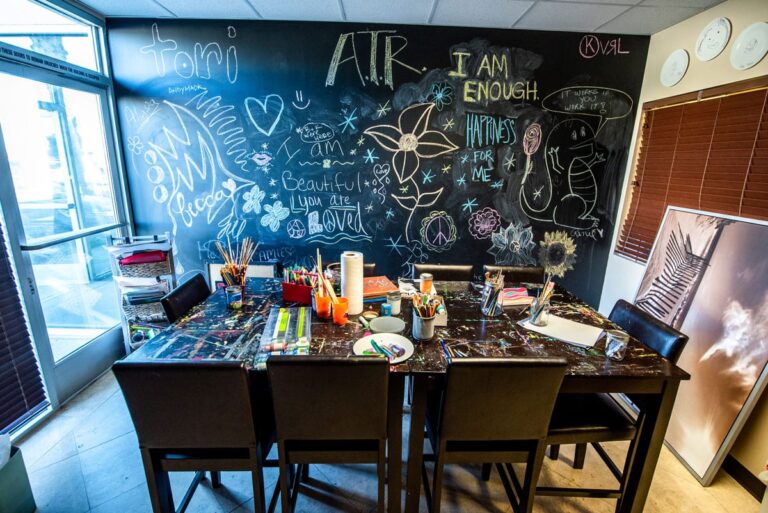
Intensive Outpatient Program for Women
A Step Down from PHP: Continuity of Care That Works
For many women, the IOP is the next level of care after completing a Partial Hospitalization Program (PHP). Our program ensures continuity of care, bridging the gap between intensive day treatment and independent living. This transition is crucial in sustaining long-term recovery and preventing relapse.
Our team collaborates closely with clients to tailor a treatment plan that meets their specific needs, ensuring the care received during PHP continues seamlessly in the IOP. You get the same commitment, therapeutic structure, and accountability while having the flexibility to reintegrate into your daily life.
Take the First Step Today
Contact us to learn more about our women-focused Intensive Outpatient Program and start your journey to recovery. Call now or fill out our online form.
IOP for Addiction Recovery
Anchored Tides Recovery offers a dedicated Intensive Outpatient Program for women struggling with substance use disorders, including alcohol, opioids, benzodiazepines, and stimulants. Our addiction IOP focuses on:
- Evidence-Based Therapies: Including Cognitive Behavioral Therapy (CBT), Dialectical Behavior Therapy (DBT), and Motivational Interviewing (MI).
- Relapse Prevention: Learn tools and strategies to recognize triggers and build sustainable coping mechanisms.
- Individualized Treatment Plans: Customized to your unique history, goals, and needs.
- Peer Support: Group therapy fosters connection with other women who understand your experience.
- Family Involvement: When appropriate, loved ones are integrated into the recovery process to support long-term healing.
Our outpatient drug rehab for women in Orange County is designed for those who need flexibility while still engaging in meaningful recovery work. Whether you’re a working professional, a parent, or a student, our program supports your healing journey without requiring residential treatment.
A FEW WORDS FROM OUR CLIENTS
STORIES OF RECOVERY
What an amazing place Anchored Tides is. As Amy explained when we first visited, girls and women are an afterthought in many treatment programs, which often are founded and structured for boys and men. Anchored Tides’ holistic approach to ALL of the co-existing issues that girls and women face is groundbreaking, and so appreciated. They are wonderful people who do inspiring work and make the world a better place every day. I highly recommend their sober living and IOP. The founders have crucial and relevant lived experiences and care deeply, and they are amazing role models for all the women help.
Anchored tides saved my life. I had been to an inpantient facility before and my sobriety wasn’t lasting, until I found this place. I enjoyed the different groups and the staff and women are so welcoming. I felt so comfortable here, which I hadn’t felt before. I now have the confidence to succeed in life. Very thankful for this place.
Anchored Tides changed my life. After doing a 30 day inpatient program I came to ATR to expound upon the coping skills in inpatient treatment. Not only did I learn more coping skills, I discovered who I really was underneath all of the anxiety, addiction, and trauma: a woman with so much to offer the world. I would have not been able to thrive in sobriety without the deeply transformative inner work that ATR provided. Like most things in life, it’s what you make of it. If you come in with a positive outlook you are going to get a lot out of the program. I know I did!
IOP for Mental Health Treatment
Mental health disorders such as depression, anxiety, PTSD, and bipolar disorder can be just as debilitating as substance use. Our Women’s Mental Health IOP offers specialized care in a safe and compassionate environment.
We provide:
- Clinical Assessments and Psychiatric Evaluations
- Individual and Group Therapy Sessions
- Medication Management
- Holistic and Experiential Therapies: art therapy, mindfulness, yoga, and much more
- Life Skills Development
- Crisis Intervention and Safety Planning
Many of our clients experience co-occurring disorders (dual diagnosis), and our team is fully equipped to address both mental health and substance use disorders simultaneously.
If you are searching for a mental health outpatient treatment for women near you that offers structure, support, and flexibility, our Orange County IOP provides exactly that.
Why Women Choose Anchored Tides Recovery
Choosing the right treatment center is a crucial step in your recovery journey. Here’s why women across Orange County and beyond choose our program:
- Gender-Specific Treatment: We specialize in female-focused care, addressing the unique psychological, emotional, and social factors that impact women in recovery.
- Flexible Scheduling: Morning and evening sessions accommodate work, school, or childcare responsibilities.
- Trauma-Informed Approach: Our therapists are trained to treat the underlying trauma that often accompanies mental health and addiction issues.
- Safe and Supportive Environment: Our women's-only setting fosters openness, trust, and community.
- Experienced, Compassionate Staff: Our team includes licensed therapists, case managers, and medical professionals who are passionate about women's health and recovery.
Who Benefits from Our Women’s IOP?
Our Intensive Outpatient Program is ideal for women who:
- Have completed detox or residential treatment and are stepping down to a lower level of care
- Are seeking treatment that allows them to return home each day
- Struggle with addiction, mental health challenges, or both (dual diagnosis)
- Need structured support while maintaining their daily responsibilities
- Are motivated to achieve lasting recovery in a supportive environment
Whether you’re dealing with substance abuse, depression, anxiety, trauma, or a combination of challenges, our IOP offers the comprehensive care you need in a format that fits your life.
THE ANCHORED TIDES DIFFERENCE
Take the Next Step Toward Healing
If you’re looking for a flexible and effective treatment option, Anchored Tides Recovery offers one of the best women’s IOPs in Orange County. Our compassionate team is here to support you every step of the way with individualized care that empowers you to take control of your life.
Contact us today to learn more about our Women’s Intensive Outpatient Program and start your journey toward lasting recovery.
Let Anchored Tides Recovery help you regain your strength, rebuild your life, and restore your peace.

Partner With Us
IOP Referrals for Women in Recovery
Anchored Tides Recovery offers a structured, flexible Intensive Outpatient Program (IOP) designed specifically for women transitioning from higher levels of care or seeking added support in early recovery. Our trauma-informed, gender-responsive approach helps clients continue their healing while reintegrating into daily life.
We welcome collaboration with detox centers, residential programs, and outpatient clinicians who need a trusted partner to support their clients through the next phase of recovery.
Need a reliable IOP referral option for women in Orange County?
Reach out today to coordinate care and ensure your client’s progress stays anchored in support and accountability.
HUNTINGTON BEACH WOMEN REHABILITATION CENTER
HEALING WOMEN FROM DRUG & ALCOHOL ADDICTION, MENTAL HEALTH, TRAUMA, AND EATING DISORDERS
Frequently Asked Questions
Yes, our IOP is designed to accommodate the schedules of women who need to balance treatment with work, school, or family responsibilities. Ask about our Evening IOP Program for working professionals. Call (866) 329-6639.
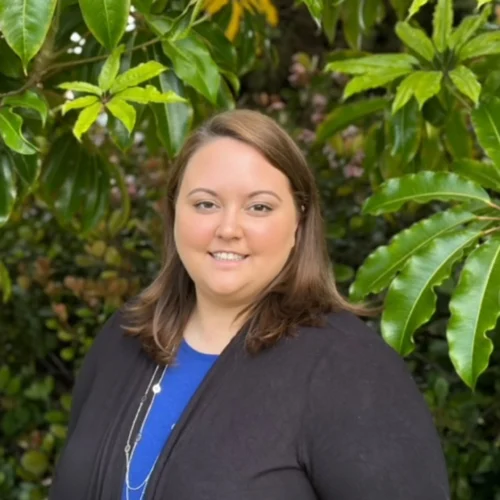
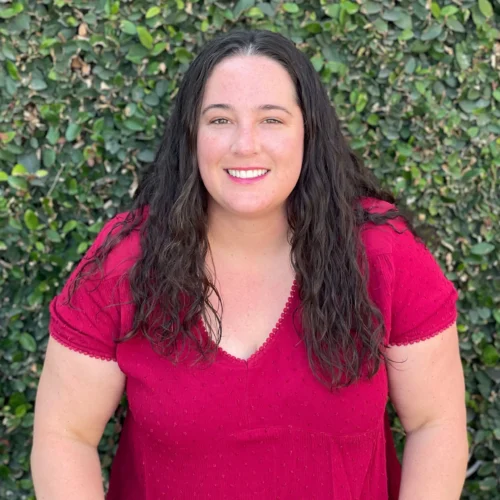
Case Manager
Alisa Fienmann
CDAC-II
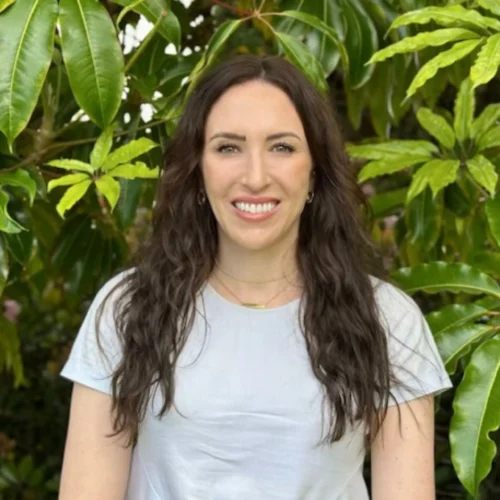
Registered Dietitian Nutritionist, Eating Disorder Specialist
Kelly Blasco
R.D.
